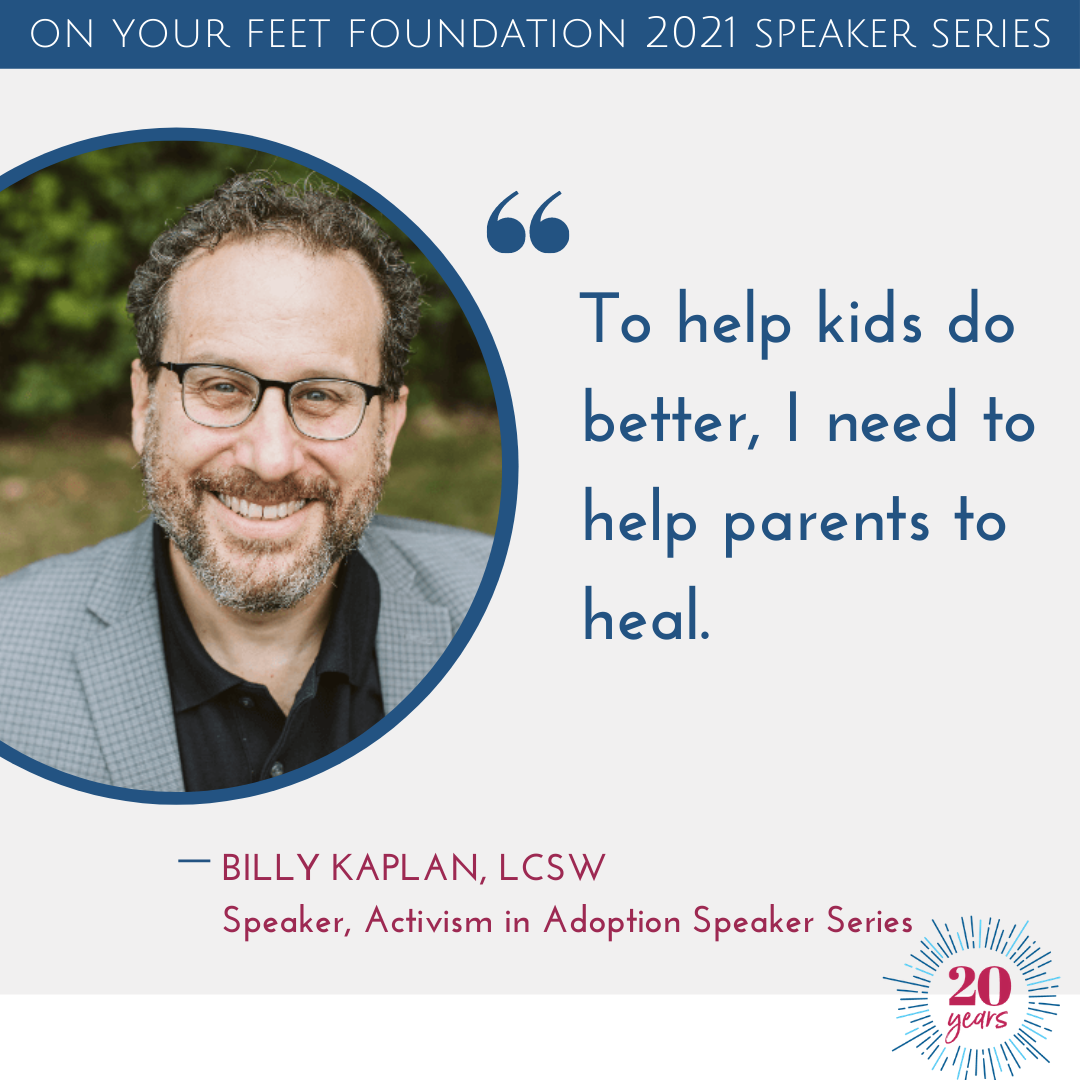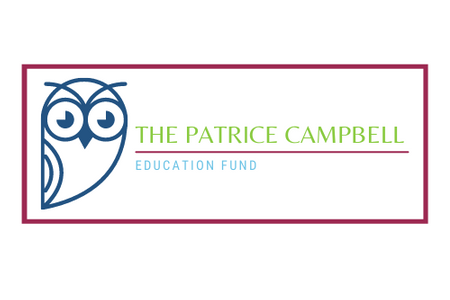
Last week we posted part one of our interview with upcoming Activism in Adoption speaker Billy Kaplan, LCSW, where we talked about what it means to parent through trauma. This week, we talk pandemic parenting - how to get ourselves and our families through the stress and anxiety the past year has brought to us all. We are greatly looking forward to Billy's talk, which expands on what we can do to support our children, who are experiencing overwhelming amounts of stress and trauma and anxiety right now. Come join us on the 21st for a new perspective on how we can best support our kids right now, and how we can best support ourselves, too.
We are all coming out of this pandemic year a little changed, and filled with anxiety. So what does that mean in like terms of parenting?
What it means is this: put on your oxygen mask first. Really. Because to help our kids, we have to help ourselves first. Then take care of our primary partner relationship. Then take care of the kids. If the focus is on the kids the kids won't be better won't get better, they won't feel better, because if you're anxious, your anxiety is going to spread to them.
Do whatever you have to do. Aromatherapy. Walking the dog. Deep breathing. Practicing mindfulness. We are all just doing the best that we can, so we can do the best that we can for our partner and our kids. And then, yeah, so that's where it starts to help the kids heal. Give yourself time alone: time to be distracted, time to be engaged, time to be creative. Time to care for the body; time to care for the mind.
And stay hydrated, because water reduces anxiety. I'm serious - staying hydrated reduces anxiety, staying hydrated reduces depression, staying hydrated reduces all bad psychological things. One of the best ways to help your kids feel better is make them drink a big glass of water. It's going to help. The odds are, they're dehydrated. Most people are dehydrated all the time.
You ranked the order of care as self, partner, then kids. That is a ranking order a lot of parents might not be practicing.
Oh, yeah. Think about it: if you're running an empty, what do you have for your kid?
And lots of people are running empty right now. And here in Chicago, all of our mental health has gone down in the first couple months, because I think that high amounts of snow made us all feel more claustrophobic. It feels so closed in.
There is a lot of parental anxiety about the idea that the kids are all behind because of school closures, and the switch to e-learning. It’s an anxious mindset. Should we be thinking about this in a different way?
I like to think about this from the mindful perspective. Okay, let's be here now, this is what we've gotten, this is where we are, what's going to happen is going to happen. You know, some kids are going to get behind, some kids are going to move ahead, some kids love this, and some kids don’t. Lots of kids are having a really hard time with it. I think the most important thing we can do for our kids right now is keeping them regulated, and not really much care about the rest of it If [kids] have a bad grade here or there after having stellar grades all this time, any college [they might be looking at] is going to say, yeah identical stuff [to all their peers]. And, yeah, we might have to help you do some catch-up work in academics. Academia is going to have to change to figure out this generation, and to help this generation finish up their education, when kids are fully back in school.
Yes, some of them are going to be behind, but let's not even talk about the academics. They're going to have forgotten how to socialize, and I think that when they get back together again that the social part is going to be kind of challenging. That's more of a thing. They're going to have to relearn about social engagement and how to do it, and we will need to spend time and energy helping them through that. People will talk about this generation and us like we used to talk about our grandparents or great-grandparents going through the depression. This is a massive generational experience. It’s a worldwide generational experience. We don't know yet how it's going to affect all of us. We'll have struggles ahead, and we will have to face them. And we'll do it together.
Tickets are now available for Billy's Activism in Adoption talk on March 21st, 2020.
Thank you to Presenting Sponsor Friends in Adoption, for their generous support of Activism in Adoption. Friends in Adoption (FIA) is a non-profit, pro-choice, licensed agency with a focus on helping people make informed decisions concerning adoption. FIA is committed to open adoption, inclusiveness, and providing lifelong support to all members of the adoption triad – placing each child at the center of what they do.











